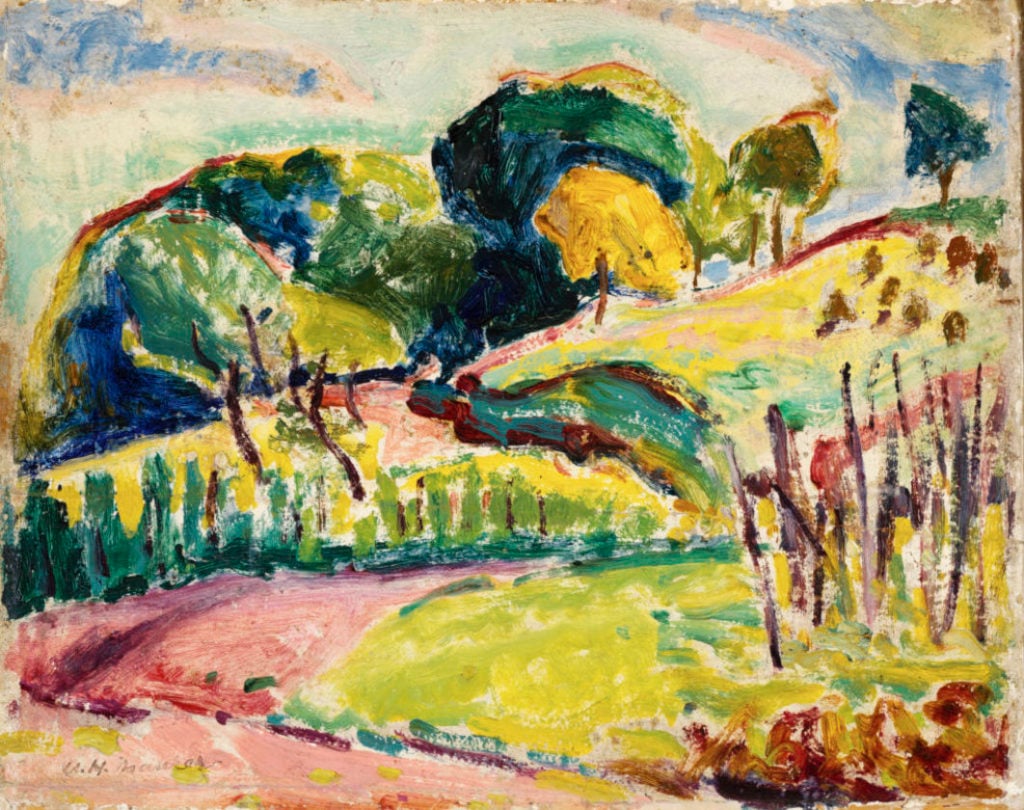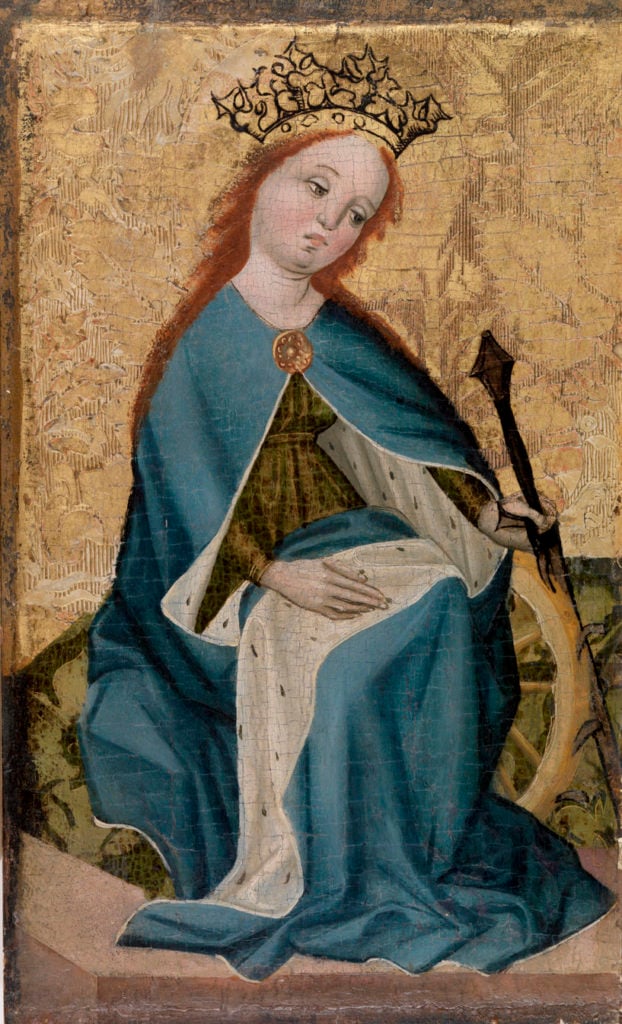Art World
Breaking Further With Its Secluded Past, the Barnes Foundation Makes Half Its Art Collection Available Online
A museum that didn't reproduce its collection in color until the 1990s enters the digital age.

A museum that didn't reproduce its collection in color until the 1990s enters the digital age.

Sarah Cascone

The art collection at Philadelphia’s Barnes Foundation just got a little easier to see. The museum has announced a new Open Access program that will provide unprecedented access to its holdings by publishing over half of its objects online.
Best known for its Impressionist and Post-Impressionist works, the museum’s holdings also include early Modern paintings, Old Masters, Native American fine crafts, and early American furniture and decorative art. Now, thanks to Open Access, 2,081 of the Barnes’s 4,021 objects have been published online. Of those, there are high-resolution images of 1,429 works available for download in the public domain.
It’s a big step for a museum that as recently as 1991 hadn’t published any color imagery of its holdings. The institution, established in 1922, was founded by eccentric art collector Alfred C. Barnes (1872–1951), who drew up strict rules for how the museum would be run.
The Barnes Foundation has also become more physically accessible in recent years, moving in 2012 from a 12-acre property in Merion, Pennsylvania, to a centrally located downtown facility. This required altering Barnes’s original trust indenture, which stated that the “paintings shall remain in exactly the places they are at the time of the death of donor.” Tod Williams of Billie Tsien Architects designed the museum’s new home to replicate perfectly the layout of its original building.
A ban on color photography wasn’t part of Barnes’s original vision, but according to museum archivist Barbara Beaucar, he was very unhappy with the color images of some of his works that appeared in the Saturday Evening Post in 1942.
“They appear garish—a result of the four color separation process that was used in magazine and newspaper reproduction,” said Beaucar in the Open Access announcement. “Dr. Barnes was not so much against color photography, but felt that the methods of reproduction of color photographs were not advanced enough.”
Color reproduction of the collection was therefore prohibited for decades, until the museum agreed in 1991 to release a series of books on the collection with publisher Alfred A. Knopf. “It’s about time,” an anonymous scholar told the New York Times at the time. “Good color printing has been around long enough that it should have been permitted a long time ago.”
The museum believes that the first color photos of the collection were printed in Great French Paintings From the Barnes Foundation: Impressionist, Post-impressionist, and Early Modern by Knopf in 1995.
See more images available through Barnes Foundation’s Open Access program below.

Unidentified artist, Saint Catherine of Alexandria (15th century). Courtesy of the Barnes Foundation.